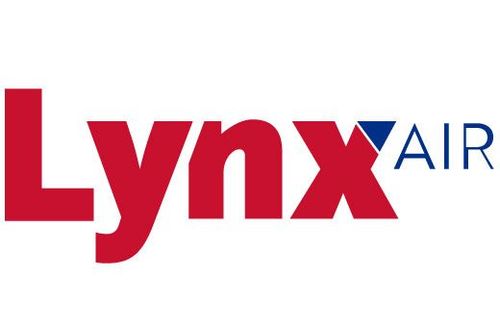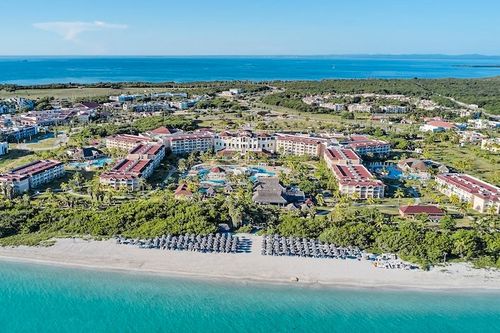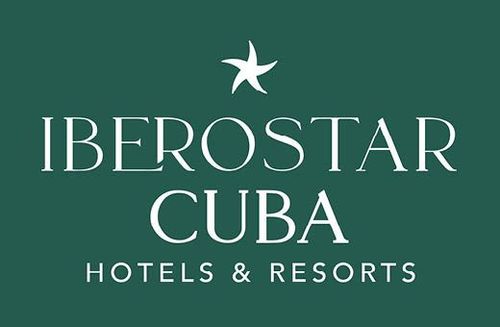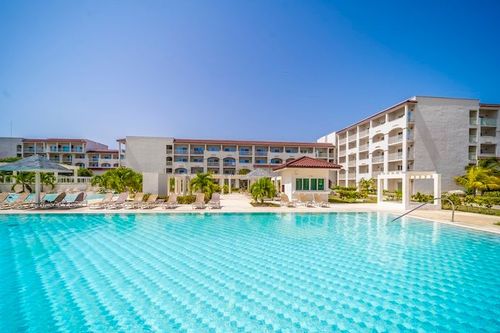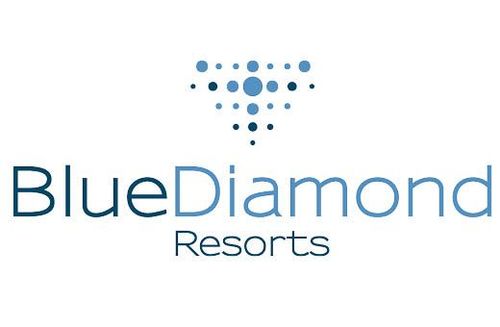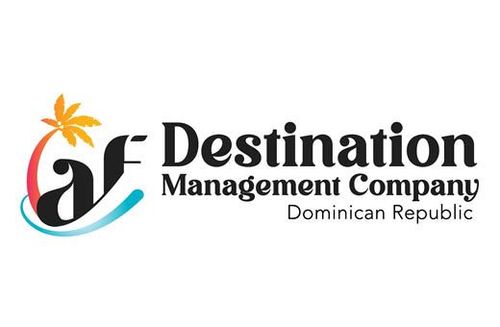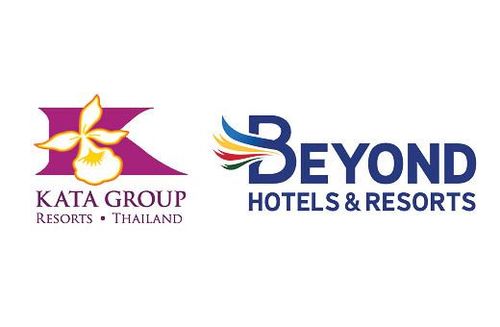Where travel agents earn, learn and save!
News / Defunct Lynx Air blames Sabre Corp. for delayed passenger refunds
Insolvent airline points to contractor for hold-up in customer refunds
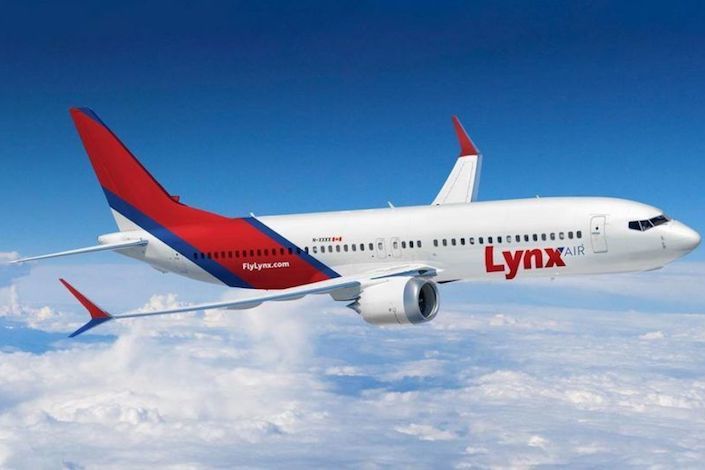
A contractor bears the blame for delayed refunds to Lynx Air customers, the insolvent airline says, adding that the hold-up will also hurt company stakeholders.
Lynx, which ceased operations and filed for creditor protection in late February, claimed in court filings that Sabre Corp. has hampered passenger reimbursements.
The ultra-low-cost carrier said it had planned to carry out refunds directly, “without the need for customers to contact their credit card providers to submit chargebacks.”
“Unfortunately, Sabre Corp…. has refused to assist with customer refunds,” according to an affidavit from Lynx’s interim chief financial officer and filed with the Alberta Court of King’s Bench.
That leaves the airline no choice but to work with its credit card processor to deal with chargebacks for would-be travelers whose flights were cancelled, the filings state.
While customers wait to have their purchases refunded, the company’s investors may also have a harder time recouping their own cash from Lynx.
“The chargeback process is expensive, and this will therefore result in significant chargeback fees to the applicants” – Lynx – “to the detriment of their stakeholders,” the carrier stated.
Sabre Corp. declined to respond to questions.
“As a matter of policy, we don’t comment on our customer agreements nor do we comment on legal proceedings,” said spokeswoman Heidi Castle.
The deadline for customers to submit chargeback requests is Sept. 1, 2025, court documents say.
The shutdown of Calgary-based Lynx comes as the budget airlines that have cropped up in recent years face ongoing financial pressures – if they’ve survived at all. The tough market stems partly from industry consolidation and fallout from the travel sector implosion during the COVID-19 pandemic.
In October, WestJet closed its discount Swoop subsidiary. It also plans to wind down Sunwing Airlines and integrate the low-cost carrier into its mainline business by this coming October after buying the Toronto-based company last May.
Ultra-low-cost Flair Airlines has also confronted financial turbulence over the past year. As of November, it owed the federal government $67.2 million in unpaid taxes related to import duties on the 20 Boeing jets that make up its fleet.
In court filings earlier this year, Lynx said it owed $124.3 million to a division of Indigo Partners, the U.S. private equity firm run by Bill Franke that owns one-quarter of the carrier.
Fresh filings show Lynx has asked a judge to allow repayment of up to $94 million of that debt. Seeking to assuage concerns from other investors hoping to recoup their money, Lynx said the move would be “to the benefit of all stakeholders generally” due to the lower interest that would accrue.
When it filed for creditor protection on Feb. 22, Lynx also owed $25.6 million in unpaid taxes to the federal government and $47.8 million to various trade creditors, according to court documents.
Lynx owes a further $4.1 million to the Toronto and Montreal airports and $4.5 million to Delta Air Lines for aircraft maintenance and warehousing.
Lynx, which stopped flying barely 22 months after it first took off, has cited several reasons for its downfall. The 21-month global grounding of the Boeing 737 Max 8 – Lynx’s nine-plane fleet was composed exclusively of those jets – along with COVID-19 travel restrictions and jet fuel price hikes delayed the airline’s inaugural flight by more than two years to April 2022 and hampered ticket sales to the point it could no longer pay its creditors, the ultra-low-cost carrier said in a brief to the court earlier this year.
Source: Travelweek



